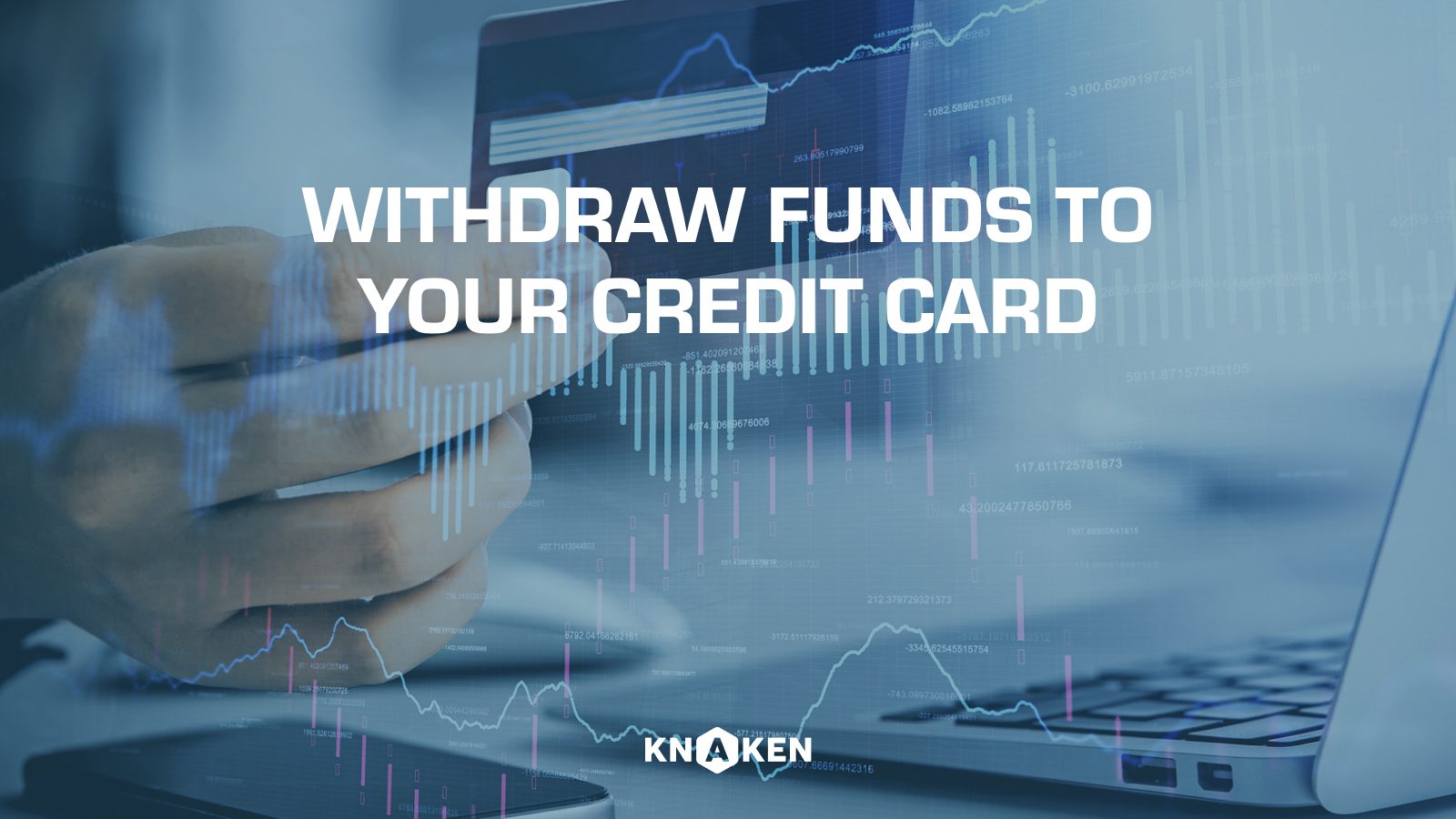Validator in Cryptocurrency
A validator in cryptocurrency refers to an entity or individual responsible for confirming transactions and adding them to a blockchain. Validators play a crucial role in maintaining the security and integrity of decentralized networks, particularly those that use a consensus mechanism known as Proof of Stake (PoS) or its variants. Unlike traditional miners who validate transactions through computational power in Proof of Work (PoW) systems, validators are selected based on their stake or ownership of the network’s tokens.
Role of Validators
Validators have several key responsibilities in a blockchain network:
- Block Proposal: Validators take turns proposing new blocks to be added to the blockchain based on their staking weight.
- Transaction Validation: They verify the transactions included in the proposed blocks to ensure they are legitimate and adhere to the network’s rules.
- Consensus Participation: Validators participate in the consensus mechanism by voting on the validity of proposed blocks and transactions.
- Network Security: By staking their tokens, validators provide security to the network, as malicious behavior would result in a loss of their staked assets.
- Rewards Distribution: They earn rewards in the form of newly minted coins or transaction fees for their role in securing the network.
Consensus Mechanisms Involving Validators
Different blockchain networks utilize various consensus mechanisms that involve validators:
- Proof of Stake (PoS): In this mechanism, validators are chosen to create new blocks based on the number of tokens they hold and are willing to ‘stake’ as collateral.
- Delegated Proof of Stake (DPoS): Token holders vote for a small number of trusted validators to create blocks on their behalf, increasing efficiency and transaction throughput.
- Lease Delegated Proof of Stake (LPoS): Similar to DPoS, but allows users to lease their tokens to validators for staking, granting them voting power on block creation.
- Proof of Authority (PoA): Validators are pre-approved nodes that validate transactions and blocks based on their identity and reputation instead of staking coins.
Becoming a Validator
Individuals or entities interested in becoming validators must consider several factors:
- Initial Investment: To become a validator, one typically needs to acquire and stake a significant amount of the network’s cryptocurrency.
- Technical Requirements: Sufficient hardware and network infrastructure are necessary to maintain uptime and handle transaction processing.
- Security Measures: Implementing robust security protocols is critical to protect against hacking and other threats.
- Community Engagement: Active participation in community discussions and governance can enhance a validator’s reputation and influence.
Risks Associated with Being a Validator
While becoming a validator can be rewarding, it is not without its risks:
- Financial Loss: If a validator misbehaves or fails to maintain network uptime, they may lose a portion of their staked assets through a process known as slashing.
- Market Volatility: The value of the staked tokens can fluctuate dramatically, which may impact profitability.
- Technical Failures: Hardware or software issues can lead to downtime, resulting in missed rewards.
- Regulatory Changes: Evolving legislation surrounding cryptocurrencies may affect the viability of operating as a validator.
Conclusion
Validators are essential components of many cryptocurrency networks using PoS and similar consensus mechanisms. They ensure the integrity and security of the blockchain while earning rewards for their contributions. The role of validator can be lucrative but also comes with its own set of challenges and risks. As the cryptocurrency ecosystem continues to evolve, the importance of validators in fostering decentralized finance (DeFi) and governance structures is expected to grow.


















